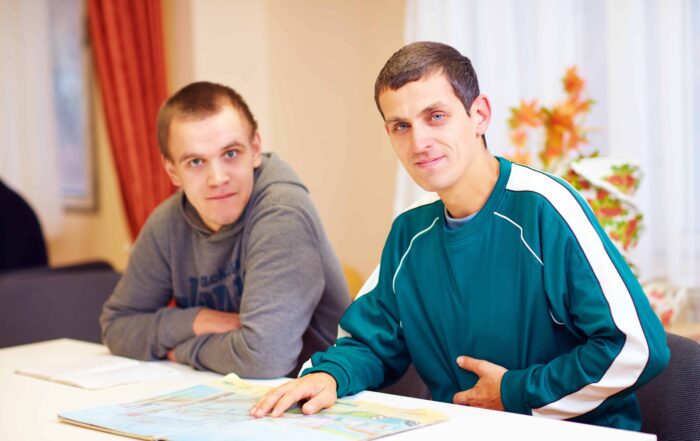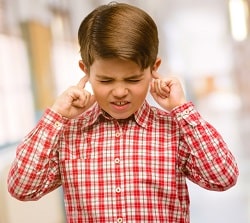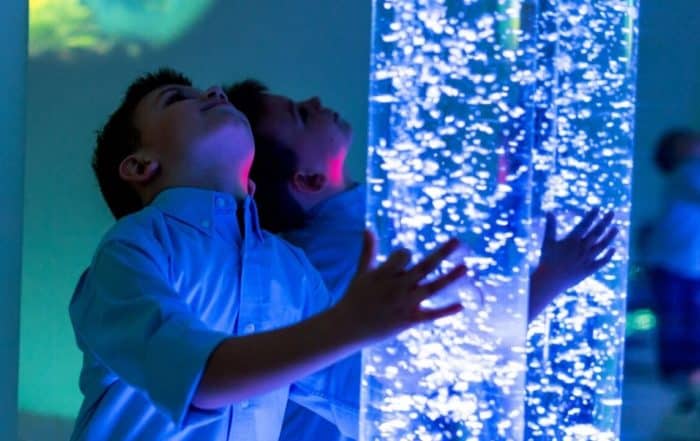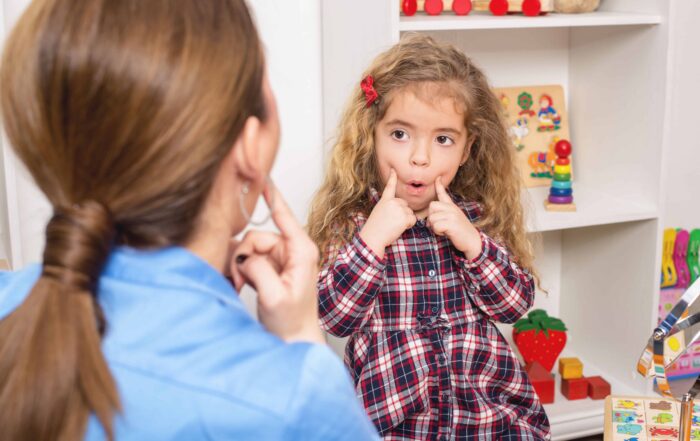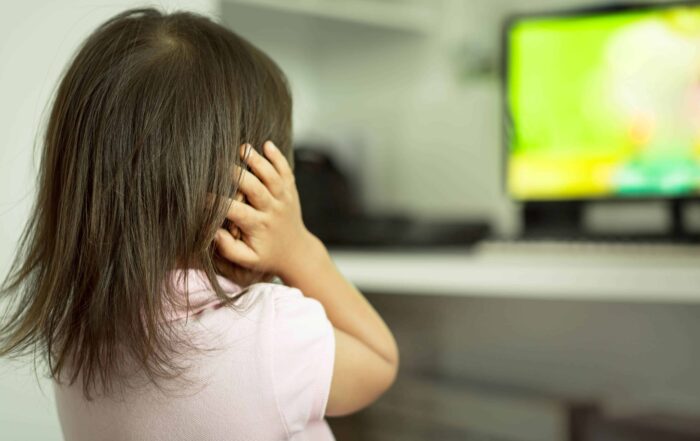If you find yourself shopping for a child with autism spectrum disorder, you might wonder about if there are certain toys and gifts are better than others. When choosing a gift for any child, start by considering their preferences. For more specific guidance, we spoke to Lindsey Biel, NYC-based occupational therapist and co-author of Raising a Sensory Smart Child. Biel is a certified mental health integrative medicine provider whose clients include children diagnosed with autism.
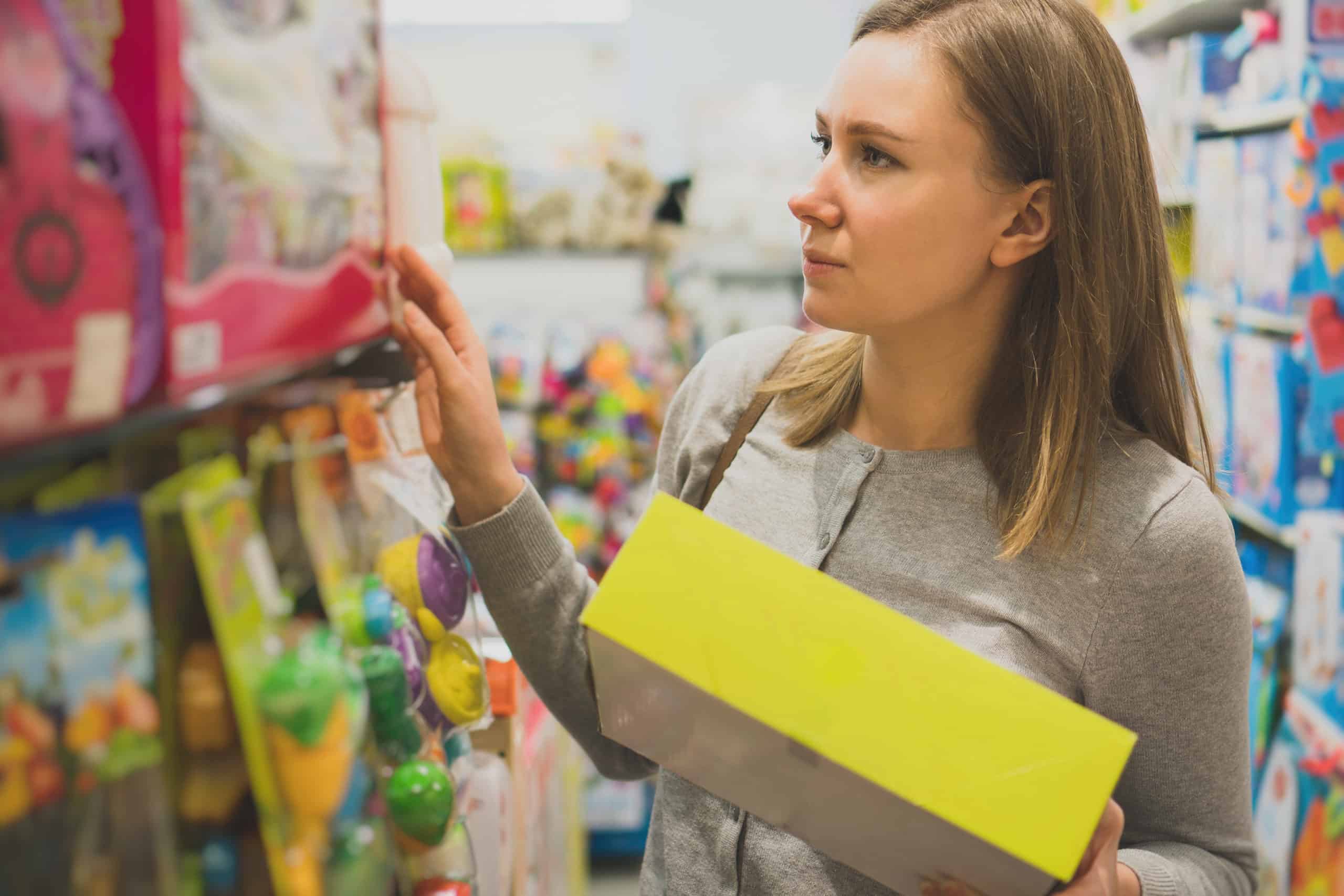
What should you consider when choosing a toy for a child with autism?
“Always consider and respect the individual’s special interests regardless of the person’s age, and remember there are many ways to respect those enthusiasms,” Biel said. She gives the example of a teenager who adores Sesame Street. They might enjoy a plush toy, a coloring book, or a book on drawing their favorite characters. For children interested in a video game-like Minecraft, you can choose from the wide range of Minecraft branded products that include everything from Lego sets to novels.
“Also, there’s nothing wrong with asking the child or the family for suggestions!” Biel adds. Talking to the parent or asking the child for a holiday wish list can ensure that your gift is one the child will enjoy.
Plus, speaking to parents or caregivers will help you avoid potential health and safety issues. For example, does the child mouth toys? If so, be sure to avoid any toy with small parts that can break off and pose a choking hazard.
Remember that choosing the right holiday gift for a child with autism depends on the child’s needs and interests. Asking the parents is always a good first step. Biel herself chooses toys for her clients based on their therapeutic goals and interests.
Biel cautions against buying a toy just because it’s popular among kids of that age group. Remember that all children develop at different rates and have different interests. It’s far better to ask for a parent’s guidance than to assume that a child will like the toy based entirely on their age or gender.
Give the gift of your time
“Never buy a toy that requires adult assistance unless you are ready to assist or you have asked the parents,” Biel says.
Science kits like crystal growing kits, electronic snap circuit kits, multi-step craft projects, and some board games are great fun for many kids, but they can require more of a time commitment from parents.
“The way to really boost the beauty of that gift would be for you to make a date with the child to do it together if you know the parents are already overloaded,” Biel said.
In general, it’s important to make sure that any toy you purchase meets health and safety guidelines for the U.S. Ordering inexpensive toys online can pose a safety risk if those toys have not been inspected for quality and safety.
Fortunately, you don’t have to buy expensive toys from therapy catalogs and websites. Those are more targeted to professionals with specific therapeutic goals in mind. Your goal is much simpler to purchase a holiday gift toy that the child will love. You can find these toys anywhere you like to shop. Biel’s recommendations for toys can be found on her website.
Choosing holiday gift toys for children with autism by age and stage
Choosing an appropriate toy depends more on the child’s interests and play skills than on their age. “Younger children often benefit from sensory-based play such as Play-Doh sets and Discovery Putty while older kids might prefer Crazy Aaron’s Thinking Putty,” Biel says. “Hand fidgets and weighted stuffed toys may be big hits, too.”
As children develop more abstract skills, you can consider visual perceptual challenges, board games, and make-it kits. “Art supplies are always good if you make sure they are non-toxic and won’t make a mess,” Biel says. “Run them by the parents first.
You can find more information about choosing toys that support specific areas such as sensory issues, collaborative play, or motor skills, on Biel’s website – www.sensorysmarts.com.
 For more from Lindsey Biel, M.A., OTR/L – watch her most recent ARI webinar, Sensory Strategies during the Pandemic here.
For more from Lindsey Biel, M.A., OTR/L – watch her most recent ARI webinar, Sensory Strategies during the Pandemic here.
Effective Coping Strategies for Sensory Differences and Executive Function
Drs. Greg Wallace and Goldie McQuaid share their research on strategies autistic adults develop to compensate for non-social challenges they experience, including sensory sensitivities and executive function differences. Handouts are
Sensory Considerations for Social Communication
Vanessa Rentschler, Au.D., CCC-A, C.A.S., discusses sensory considerations for social communication in autism. She highlights common auditory processing differences, available services, and the overlap of visual and auditory sensory processing in
Sensory issues may be a factor in substance use in individuals with autism
Sensory issues may play a role in elevated levels of substance abuse in individuals with autism spectrum disorders (ASD), according to a new study from the Netherlands. Frank van den Boogert and
Pain, Sensory Issues and Autism
Dr. Tami Bar-shalita, Merry Kalingal Levi, and Dr. Yelena Granovsky explore the intricate connections between pain, sensory perception, and autism. They discuss quantitative and qualitative research findings that shed light on the
Editorial: Revisiting Two Lesser-Known Teaching Strategies to Enhance Speech Production in Autism
In this editorial, I would like to shed light on two methods for improving the speech production of individuals on the autism spectrum, discuss potential neurological factors that may underlie their effectiveness,
Study investigates responses to pain in individuals with autism
A new study offers insights into the responses of adults with autism spectrum disorders (ASD) to painful stimuli. Tseela Hoffman and colleagues investigated pain perception in 104 adults, 52 of whom were


